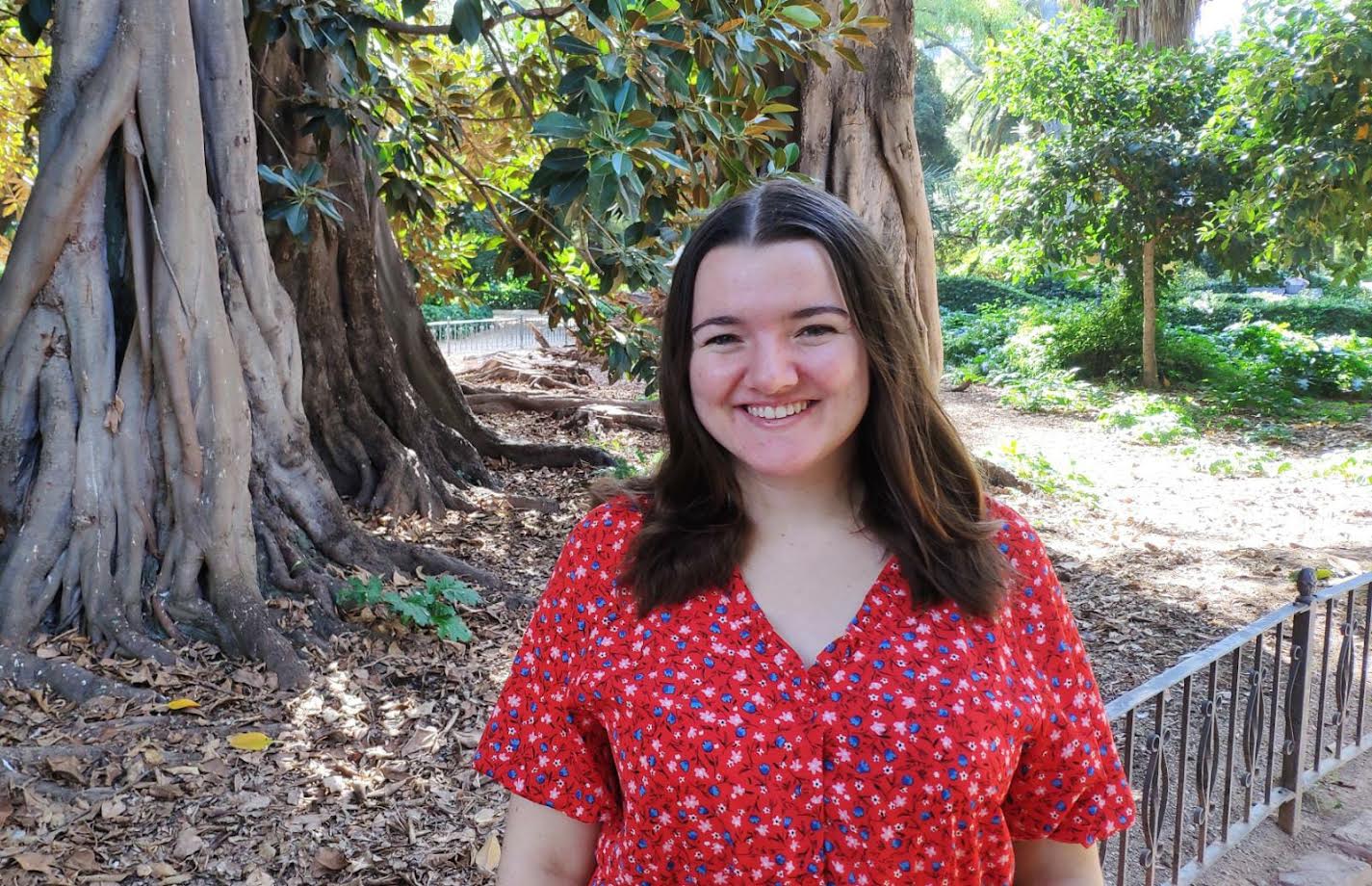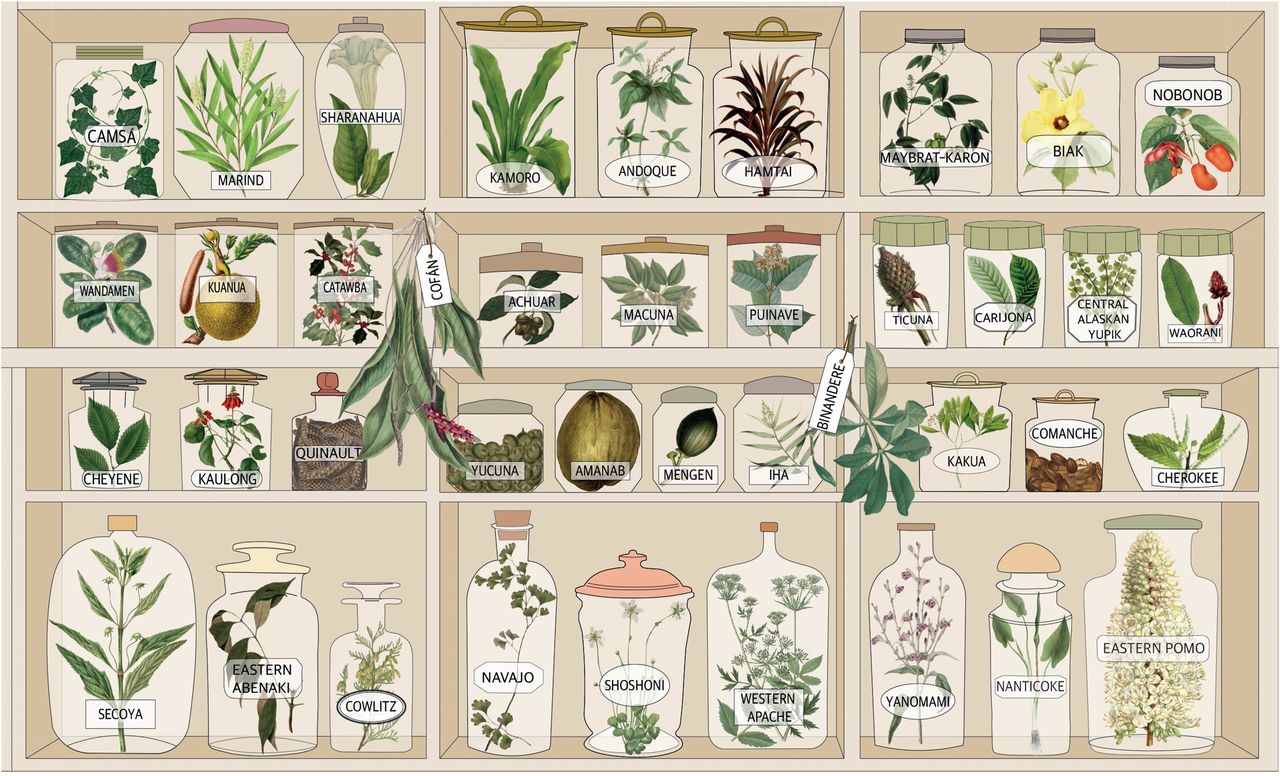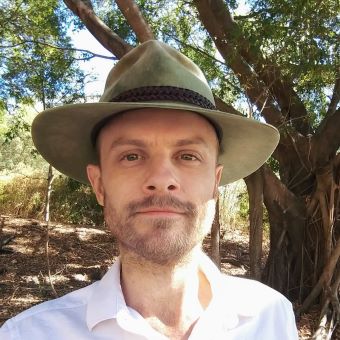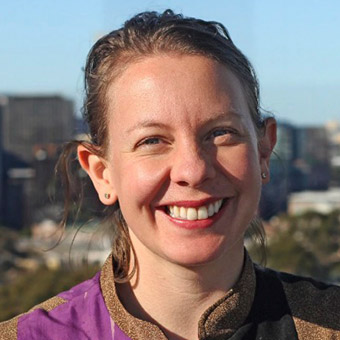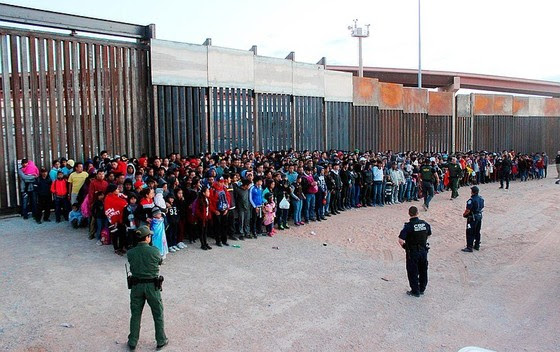Area of Interest: Indigenous/minoritized languages
-
June 2025: Speaking Mayan Languages in the U.S. in 2025
This Spotlight comes from Hub member María Luz García, Professor of Anthropology at Eastern Michigan University. In an article recently published in the Political and Legal Anthropology Review (POLAR 2024, 47:209-222), María describes the racialized experience of Indigenous people from Latin America who work as legal interpreters in the U.S. Below, María brings out the…
-
May 2025: Leveraging Technology for the Sustenance and Revival of Endangered Indian Languages
Our May 2025 Spotlight comes from Hub member Devina Krishna. She is an assistant professor at the Department of English, Patna Women’s College, India. Devina earned her PhD in Linguistics from Jawaharlal Nehru University in New Delhi, specializing in Phonetics and Phonology. Her main research interests revolve around phonetics, phonology, and language documentation. We…
-
November 2024: Language as a Matter of Life and Death
This month’s Spotlight was contributed by Gerald Roche. He is a political anthropologist based at La Trobe University, Australia, and his work focuses on the intersections of language and power. He previously edited the Routledge Handbook of Language Revitalization, and he has recently published articles in Language in Society, State Crime Journal, and Emancipations: A…
-
April 2024: Announcing the Language Rights Defenders Award
This month’s Spotlight on Language, Culture and Justice is contributed by Dr. Gerald Roche, Anthropologist and Associate Professor in the Department of Politics, Media, and Philosophy at La Trobe University. Gerald is a founding co-chair of the Global Coalition on Language Rights and has established the Coalition’s new Language Rights Defenders Award. Nominations for this…
-
March 2023: ‘#GLAD23 offers diverse perspectives on the importance of language rights’
This month’s Spotlight provides a brief overview of the recently concluded Global Language Advocacy Day 2023 (#GLAD23), organized by the Global Coalition for Language Rights. This year’s GLAD theme was Language Rights Save Lives. The Coalition works at the intersection of language, digital and human rights. Its aims are: · To support global efforts towards increasing access to critical…
-
February 2023: ‘Combating Negative Views of the Irish Language’
This month’s post comes from Alexandra Philbin, a Language Revitalization Mentor with the Endangered Languages Project (ELP). The project aims to support Indigenous, minoritized and endangered languages around the world by connecting language communities with resources, information and ideas to strengthen their languages. ELP is active on Instagram, Facebook, Twitter and LinkedIn and you can also subscribe to the project’s newsletter for more information.…
-
October 2022: “The Global Coalition for Language Rights”
This month’s feature is contributed by the co-chairs of the Global Coalition for Language Rights, Lucio Bagnulo, Veronica Costea, and Gerald Roche. They introduce our readers to an exciting and much needed initiative. The early period of the covid pandemic was a strange time of simultaneous isolation and connectivity, as we all bunkered down at…
-
November 2021: “Indigenous Languages, Environmental Knowledge and the Impacts of the Coronavirus Pandemic”
By Leigh Swigart [Photo credit PNAS] The COVID-19 era has shone a spotlight on the challenges experienced by many multilingual societies in effectively communicating critical health information, particularly to members of vulnerable and minority populations. These difficulties have been well documented, for example, in OneSmallWindow for the UK, and in a variety of settings across the globe…
-
October 2021: ‘Supporting two-way communication with police in Western Australia: new translation app helps to identify need for Aboriginal interpreters’
By Alex Bowen, Linguist and Trainer, Aboriginal Interpreting Western Australia; PhD Student, University of Melbourne Aboriginal Interpreting Western Australia (AIWA) recently worked with the Western Australia Police Force to develop an app which could signal a new direction in communication with Aboriginal people who are arrested. The app, which police have on their phones, delivers…
-
July 2021: “Language Rights in a Changing China: A National Overview and Zhuang Case Study”
A new book by Language, Culture and Justice Hub member Alexandra Grey has just been published (Contributions to the Sociology of Language #113, De Gruyter Mouton 2021). Language Rights in a Changing China is the culmination of eight years of research, including fieldwork in four provinces across the People’s Republic of China. The book examines the constitutional minority language rights…
-
October 2019: ‘Exploring Interpretation as a Right in the Context of Migration’
The Trump administration recently decided that providing in-court interpretation during initial-phase immigration proceedings represents an unnecessary expense in an already bogged-down system. Migrants will be shown a film explaining legal procedures in a variety of languages but will not be able to ask questions and receive more information on the spot. According to the San Francisco…





